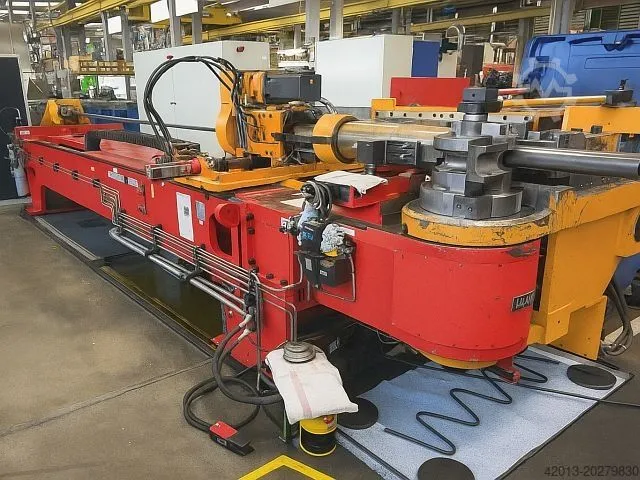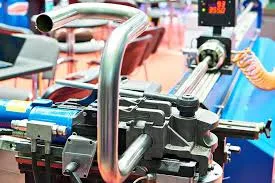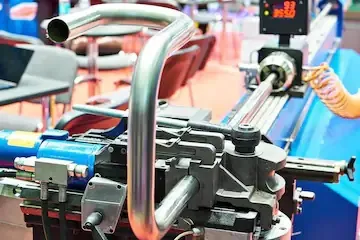Leading CNC Tube Bending Machine Manufacturers in India
The manufacturing landscape in India has witnessed remarkable growth, particularly in the domain of precision engineering. Among the key contributors to this evolution are CNC tube bending machine manufacturers, who have established India as a competitive player in the global market. These manufacturers specialize in producing advanced machinery that caters to diverse industries such as automotive, aerospace, construction, and furniture. The integration of Computer Numerical Control (CNC) technology has revolutionized tube bending processes, enabling high precision, repeatability, and efficiency. This article explores the leading CNC tube bending machine manufacturers in India, their technological advancements, and the factors driving their success.
Technological Advancements in CNC Tube Bending
CNC tube bending machines have evolved significantly, incorporating features like servo-electric systems, touch-screen interfaces, and real-time monitoring. These advancements ensure minimal manual intervention, reduced material waste, and enhanced productivity. Indian manufacturers have adopted global standards while customizing solutions to meet local industry requirements. For instance, machines are designed to handle various materials, including stainless steel, aluminum, and copper, with diameters ranging from a few millimeters to over 200 mm.

Key Features of Modern CNC Tube Bending Machines
- High precision with tolerances up to ±0.1°
- Multi-axis capabilities for complex geometries
- Energy-efficient servo motors
- User-friendly software for programming and simulation
Leading CNC Tube Bending Machine Manufacturers in India
India is home to several renowned manufacturers who have gained recognition for their innovation and reliability. Below is a table highlighting some of the top players in the industry:
| Manufacturer | Location | Specializations | Notable Clients |
|---|---|---|---|
| Tube Bending Solutions Pvt. Ltd. | Pune, Maharashtra | Automotive and aerospace components | Tata Motors, Mahindra |
| Precision Benders India | Coimbatore, Tamil Nadu | Customized bending solutions | Ashok Leyland, Siemens |
| Advanced Tube Technologies | Ahmedabad, Gujarat | High-speed bending machines | Godrej, Larsen & Toubro |
| Indo-German Machinery Works | Delhi NCR | CNC mandrel bending systems | Maruti Suzuki, BMW India |
Innovation and Research & Development
Indian manufacturers are increasingly investing in R&D to develop machines that align with Industry 4.0 trends. This includes IoT-enabled devices for predictive maintenance and AI-driven optimization of bending parameters. Collaborations with international technology partners have further enhanced their capabilities, allowing them to offer cost-effective solutions without compromising on quality.

Applications Across Industries
The versatility of CNC tube bending machines makes them indispensable across various sectors. In the automotive industry, they are used for manufacturing exhaust systems, chassis, and hydraulic lines. The construction sector relies on them for structural components and plumbing systems. Additionally, the furniture industry utilizes these machines for creating ergonomic and aesthetic designs.
Quality Assurance and Standards
To compete globally, Indian manufacturers adhere to stringent quality standards such as ISO 9001:2015. Regular audits and certifications ensure that the machines deliver consistent performance and durability. Many manufacturers also provide comprehensive after-sales support, including training and spare parts availability, which enhances customer satisfaction.

Future Outlook and Challenges
The future of CNC tube bending machine manufacturing in India looks promising, driven by increasing domestic demand and export opportunities. However, challenges such as fluctuating raw material costs and the need for skilled operators remain. Manufacturers are addressing these issues through automation and vocational training programs.
Global Competitiveness
Indian manufacturers are leveraging their cost advantages and technical expertise to expand into international markets. With a focus on sustainability, many are developing energy-efficient machines that reduce carbon footprints, aligning with global environmental standards.

